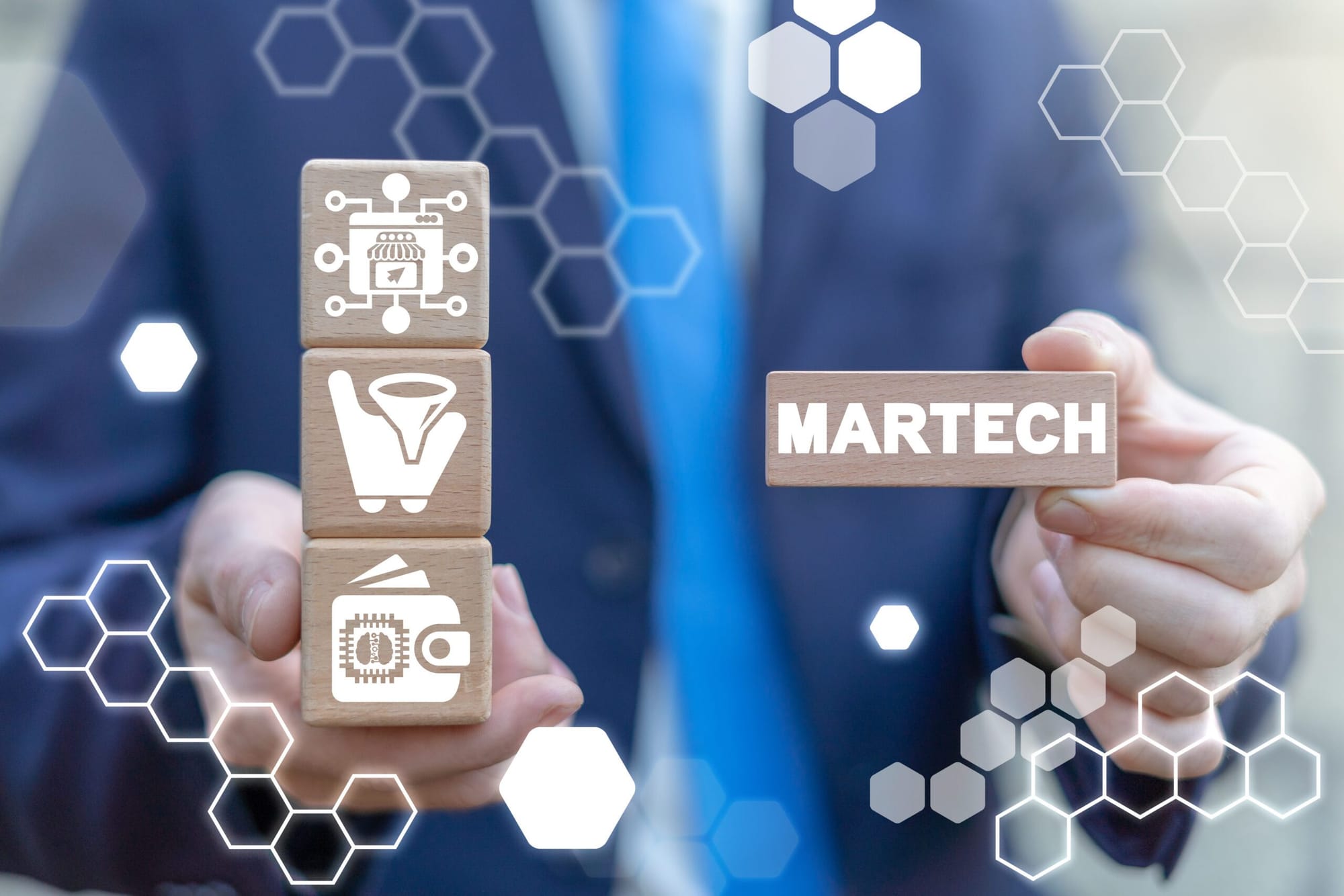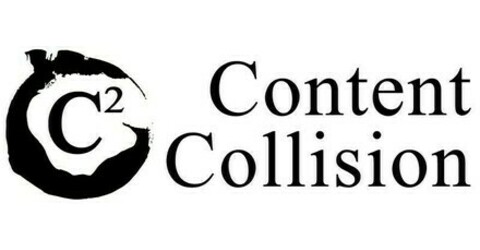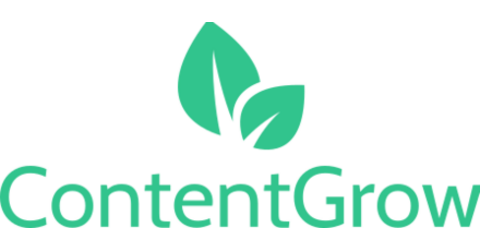7 essential AI tools to build your 2024 martech stack
Explore the strategic importance of integrating artificial intelligence (AI) and machine learning (ML) into your marketing technology stack to drive significant improvements in both customer engagement and business outcomes.

Leaders are increasingly aware of the necessity to extract more value from their technology investments, especially within the consumer sector where customer lifetime value is critical. A significant majority of marketers recognize the imperative of enhancing automation and AI integration to remain competitive and meet evolving customer expectations, with 88% stating that their organizations need to increase their use of these technologies. Similarly, 64% of B2B marketers view AI as a valuable component of their marketing strategies.
With the growing demand from C-suite executives to effectively leverage technology, there lies a significant opportunity to improve outcomes through strategic use of artificial intelligence (AI) and machine learning (ML).
Many consumer organizations have invested heavily in martech stacks but feel they aren't maximizing the potential of these investments. The solution lies not just in investing but in enabling teams to fully harness the capabilities of their resources to impact both revenue and profitability.

Build your AI-powered martech stack with these tools
Firstly, integrating AI tools that specialize in data analytics and consumer behavior insights can significantly enhance decision-making processes. Tools like Google Analytics AI and Adobe Sensei leverage machine learning algorithms to analyze user behavior and predict future trends, providing marketers with actionable insights. This capability allows for a more refined audience segmentation and targeted marketing strategies, ensuring that campaigns are more personalized and effective.
Secondly, AI-driven chatbots and personalization engines such as Drift and Dynamic Yield can be instrumental in automating customer interactions and delivering tailored content and recommendations. These tools not only improve user engagement by providing immediate responses to customer queries but also increase conversion rates through customized experiences based on user data. By incorporating these technologies, companies can create a more responsive and engaging digital presence that resonates with their audience’s needs and preferences.
Another area where AI can add value is in content creation. Generative AI platforms like OpenAI's GPT (Generative Pre-trained Transformer) can assist in producing high-quality written content, from blog posts to ad copies, which aligns with brand messaging and SEO strategies. This not only speeds up content production but also maintains a consistent tone and style across all marketing materials, freeing up human marketers to focus on strategy and creative endeavors.
Lastly, marketers should look into AI-powered automation tools that enhance overall operational efficiency. Platforms such as HubSpot and Salesforce leverage AI to automate routine tasks such as email marketing, lead scoring, and customer journey mapping. This not only minimizes human error but also allows marketing teams to dedicate more time to strategic tasks and innovation, ultimately driving better business outcomes and customer satisfaction.
By strategically integrating these AI technologies into their martech stacks, organizations can significantly improve their marketing efficiency, effectiveness, and adaptability in a rapidly changing digital environment.

Strategies in building your AI-powered martech stack
Before making further investments, it is crucial to understand the shortcomings of previous technology investments. Assessing the capabilities of existing platforms and determining whether refining strategies or enhancing skills could maximize the existing investments is essential.
A thorough audit of the current martech stack and its costs will help in making informed decisions. This includes identifying the most valuable platforms that align with organizational growth and customer experience goals and considering the retirement of outdated or redundant technologies to reduce costs and complexity.
Identifying "keeper" platforms is just the beginning. The next step is ensuring these platforms are compatible and can be integrated seamlessly to support data, content, and journey orchestration in a unified process. It's crucial to view generative AI (GenAI) not as a disruptor but as a collaborative force within the existing tech stacks. Marketers need to catalog existing technology and address any redundant systems, setting the stage for seamless GenAI integration and better overall tech utilization.
The introduction of GenAI in the marketing realm presents both challenges and opportunities. To accommodate this evolution within budget constraints requires not just financial investment but also a commitment to talent development. Continuous learning and skill development are vital as GenAI becomes more central to marketing strategies. Investing in training and fostering a culture of curiosity will enable marketers to proactively adapt to new technologies and stay ahead of industry trends.
AI-driven strategies are essential for delivering personalized experiences at scale, which are key to building trust, enhancing brand affinity, and improving conversion rates. As GenAI evolves, it offers marketers more opportunities for strategic and personalized engagements.
Thus, staying agile and continuously educated on technological advancements will help marketers leverage AI to its fullest potential, ensuring they remain competitive in a dynamic environment.
ContentGrow is a managed talent network for brands and publishers to work with high-quality freelance writers and journalists worldwide. Sign up to get started or book a discovery call to learn more.




